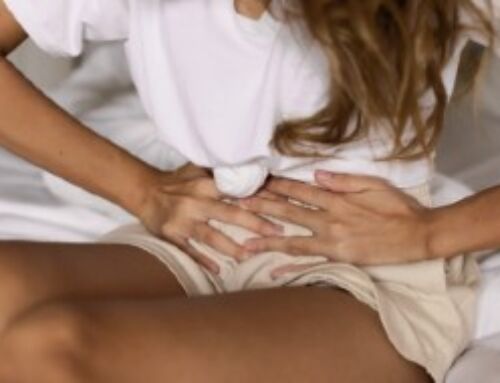FDA Approves Bulkamid for Use in the United States After More than a Decade of Success in Other Countries.
Failed vaginal mesh procedures for stress urinary incontinence (SUI) or complications requiring mesh removal contribute to the ongoing misery affecting thousands of women who underwent these procedures before adequate data was available, showing their safety and efficacy.
According to Greg Vigna, MD, JD, practicing physician, national pharmaceutical injury attorney, Certified Life Care Planner, and expert on vaginal mesh injuries for incontinence, “Options to treat recurrent stress urinary incontinence (after failed mesh surgeries) have been limited until recently, when the FDA approved Bulkamid, a homogenous hydrophilic (water absorbing) hydrogel that can be used in the treatment of female stress urinary incontinence. It acts to provide support around the urethra to increase its ability to close during times of increased intraabdominal pressure. By increasing the urethral’s closing pressure, urinary leakage is reduced or prevented during daily physical activities.”
Bulkamid was granted CE approval in 2003 for use in the treatment of female urinary incontinence in Europe. To date, over 70,000 women have been treated in 25 countries. The procedure is performed on an outpatient basis using the Bulkamid Urethral Bulking System, a cystoscopic device to deliver the material to specific areas around the urethra. International studies of more than 3000 patients have demonstrated improved symptom relief and low complication rates.
“Options to treat recurrent stress urinary incontinence (after failed mesh surgeries) have been limited until recently, when the FDA approved Bulkamid.” – Dr. Greg Vigna
The results of one study of 60 women who had recurrent SUI after failed sling procedures showed that the cure or improvement rates were 93.3%, 88.3%, and 83.6% at 1, 6, and 12 months, respectively. Furthermore, patients with mixed urinary incontinence (MUI) had a cured urgency urinary incontinence rate of 36.8%, 47.4%, and 38.9%, respectively. MUI is a common finding for women who have undergone a vaginal mesh procedure. Voiding dysfunction after the procedures resolved in most cases by 12 months.
In a systemic review of 8 studies comparing Bulkamid to other bulking agents, 767 results were analyzed. One out of four women needed a repeat procedure with Bulkamid, but the number of incontinence episodes in 24 hours and the amount of leakage were significantly reduced at 1year, and the complications were minimal with urinary tract infections and pain at the injection
site most commonly cited. Overall, the safety profile was high.
According to Dr. Vigna, “Compared to older bulking agents where the water in the gel is absorbed leaving behind a smaller area of particles that becomes inflamed, the Bulkamid cushion maintains its volume while it allows the nearby tissues to infiltrate the material to prevent migration. This supportive cushion means there is a longer-lasting solution that does not require an invasive, repeat surgery or increase the risk of more nerve damage and pain.”
Bulkamid will not treat existing nerve pain but can help with the leakage problem as women sort through their long-term options. Minimizing at least one problem with a minor procedure can positively impact the quality of life for those suffering from intractable nerve pain from vaginal mesh procedures.
The second wave of transvaginal mesh litigation will focus on women who suffer from disabling pain syndromes and injuries including pudendal neuralgia, complex regional pain syndrome, obturator neuralgia, and ilioinguinal neuralgia.
For articles, video resources, and information, visit the Pudendal Neuralgia Educational Portal (https://tvm.lifecare123.com/pudendal-portal.html) or https://tvm.lifecare123.com/. Click here for information regarding sling related complications: https://tvm.lifecare123.com/slingebook.html
References
Zivanovic I, Rautenberg O, Lobodasch K, von Bünau G, Walser C, Viereck V. Urethral bulking for recurrent stress urinary incontinence after midurethral sling failure. Neurourol Urodyn. 2017;36(3):722–726. doi:10.1002/nau.23007
Kasi AD, Pergialiotis V, Perrea DN, Khunda A, Doumouchtsis SK. Polyacrylamide hydrogel (Bulkamid®) for stress urinary incontinence in women: a systematic review of the literature. Int Urogynecol J. 2016;27(3):367–375. doi:10.1007/s00192-015-2781-y





